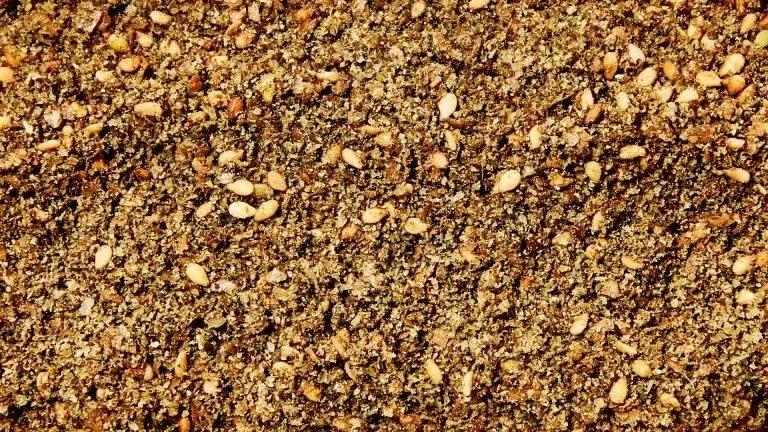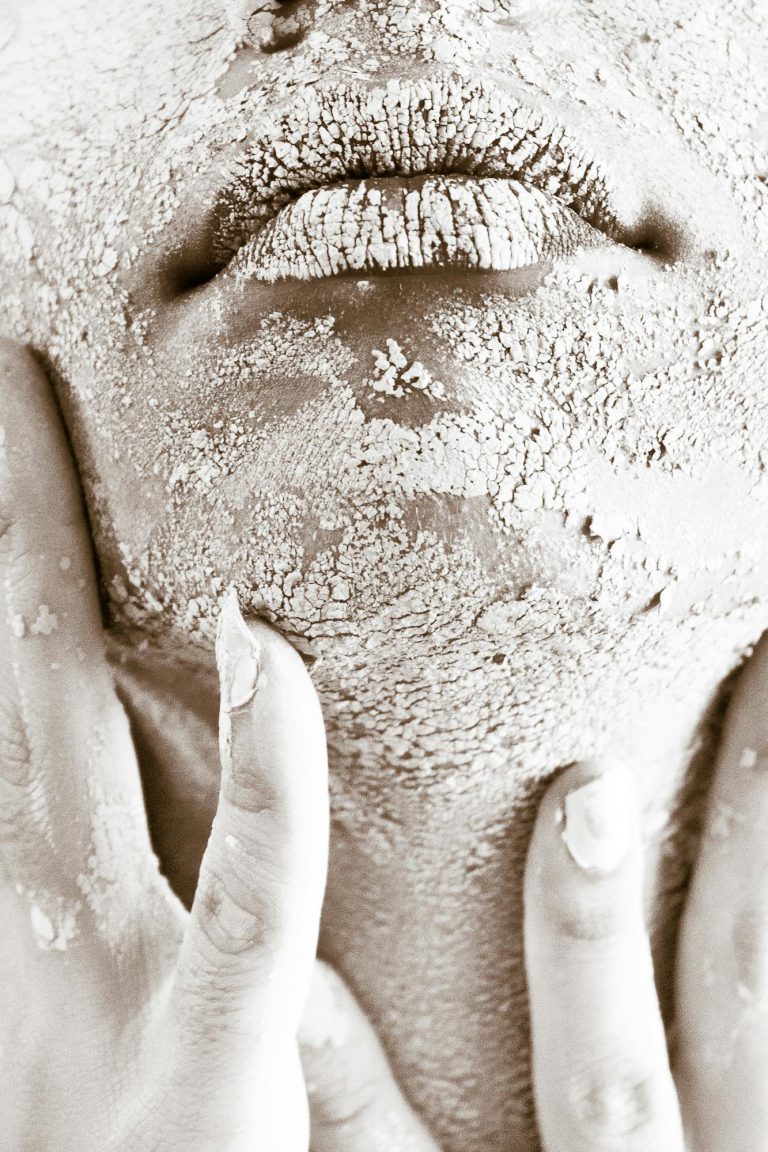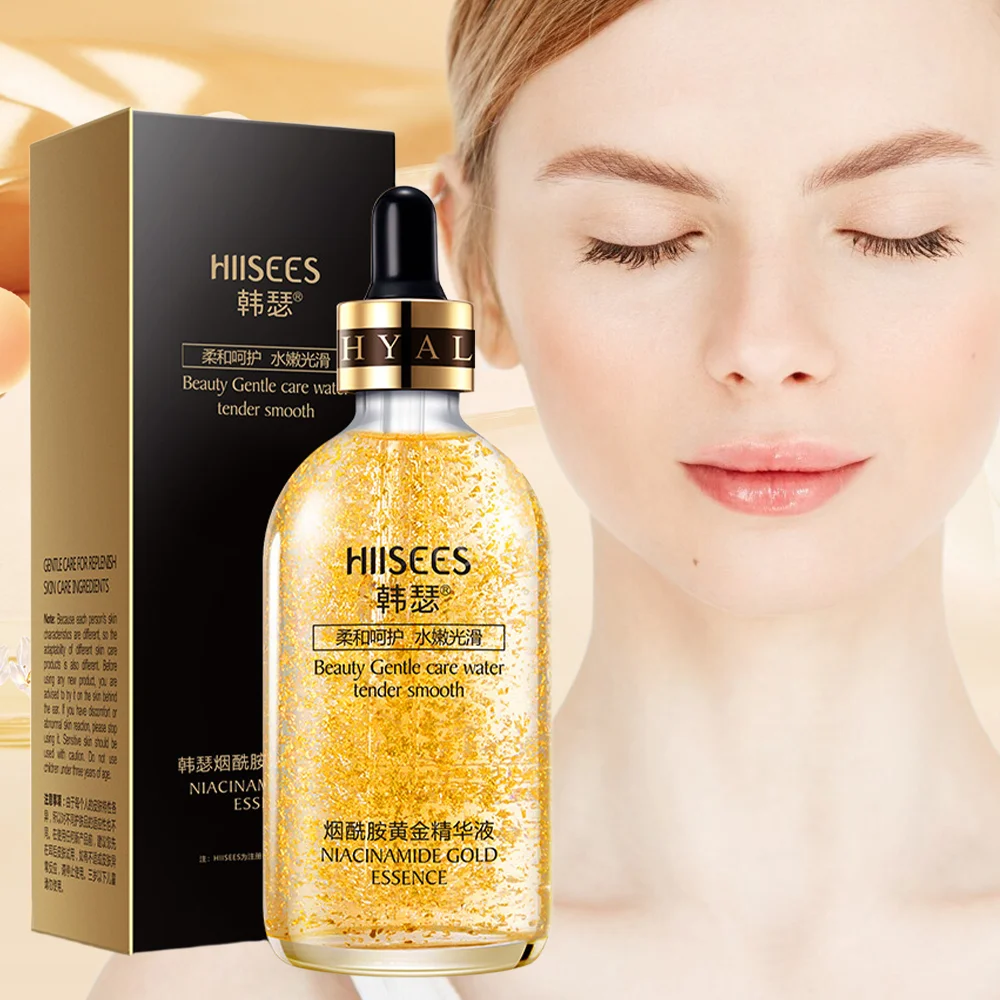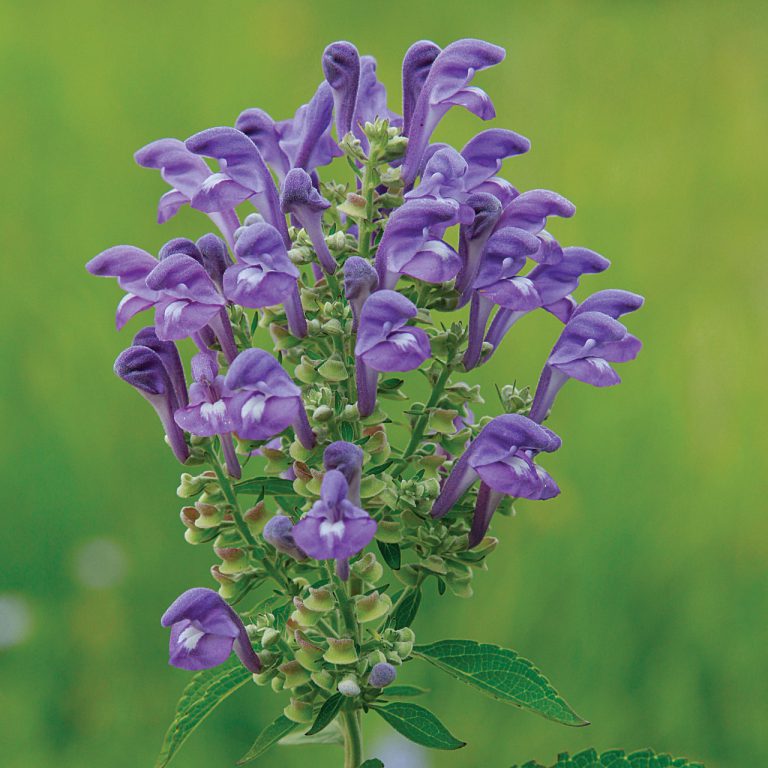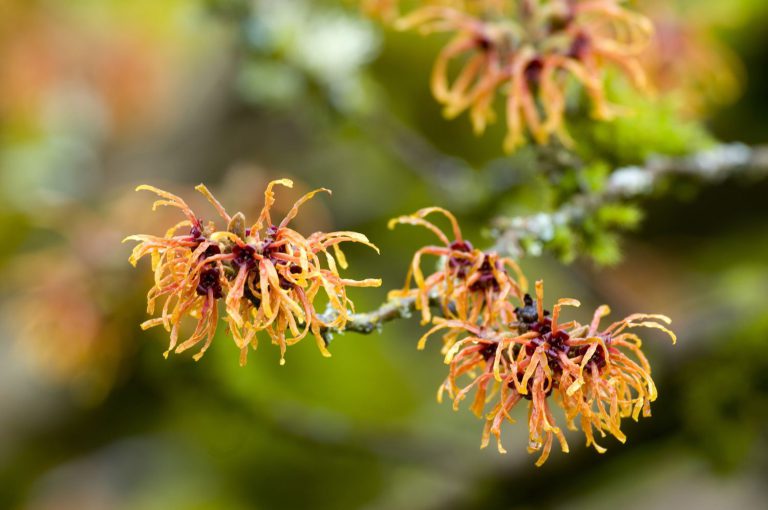Introduction
Nature has provided us with an incredible array of herbs that serve as natural pain relievers. For those looking to ease discomfort without relying on synthetic medications, these plants offer a promising alternative. Whether it’s muscle soreness, joint pain, nerve discomfort, or persistent headaches, incorporating these herbs into your daily routine can provide immense relief and promote overall well-being.
Ashwagandha (Withania somnifera)
Ashwagandha is one of the most revered herbs in Ayurvedic medicine, widely recognized for its ability to reduce pain and inflammation. This adaptogenic herb not only soothes joint pain and muscle aches but also helps the body combat stress, which is a major contributor to chronic pain. Regular consumption of Ashwagandha can help ease arthritis-related discomfort, promote relaxation, and enhance overall resilience to physical and mental strain.
Black Cohosh (Actaea racemosa)
Traditionally used in women’s health, Black Cohosh is also highly effective in relieving muscle pain and joint stiffness. This herb possesses strong anti-inflammatory and antispasmodic properties, making it particularly useful for those suffering from nerve-related pain such as neuropathy. By calming the nervous system and improving circulation, Black Cohosh aids in reducing discomfort linked to nerve damage and chronic inflammatory conditions.
California Poppy (Eschscholzia californica)
The California Poppy is a gentle yet powerful herb that has been used for centuries by indigenous communities to treat pain. It is a natural analgesic that works well for headaches, migraines, muscle tension, and menstrual cramps. Beyond pain relief, it also has mild sedative effects, making it a valuable herb for promoting restful sleep. Since poor sleep often exacerbates pain conditions, California Poppy serves a dual role in relaxation and pain management.
Cayenne Pepper (Capsicum annuum)
Cayenne Pepper contains capsaicin, an active compound that plays a crucial role in pain relief. Capsaicin works by desensitizing pain receptors in the body, making it an effective remedy for nerve-related conditions such as post-herpetic neuralgia, diabetic neuropathy, and osteoarthritis. Many pain-relieving creams and patches contain capsaicin as a primary ingredient due to its ability to block pain signals and provide long-lasting relief from chronic discomfort.
Feverfew (Tanacetum parthenium)
Feverfew has gained significant recognition as a natural remedy for migraines. This herb works by reducing inflammation and improving blood flow, effectively preventing and mitigating headaches. Additionally, Feverfew is beneficial for relieving muscle pain, joint discomfort, and menstrual cramps. It is a well-rounded herbal solution for individuals seeking an alternative to conventional painkillers.
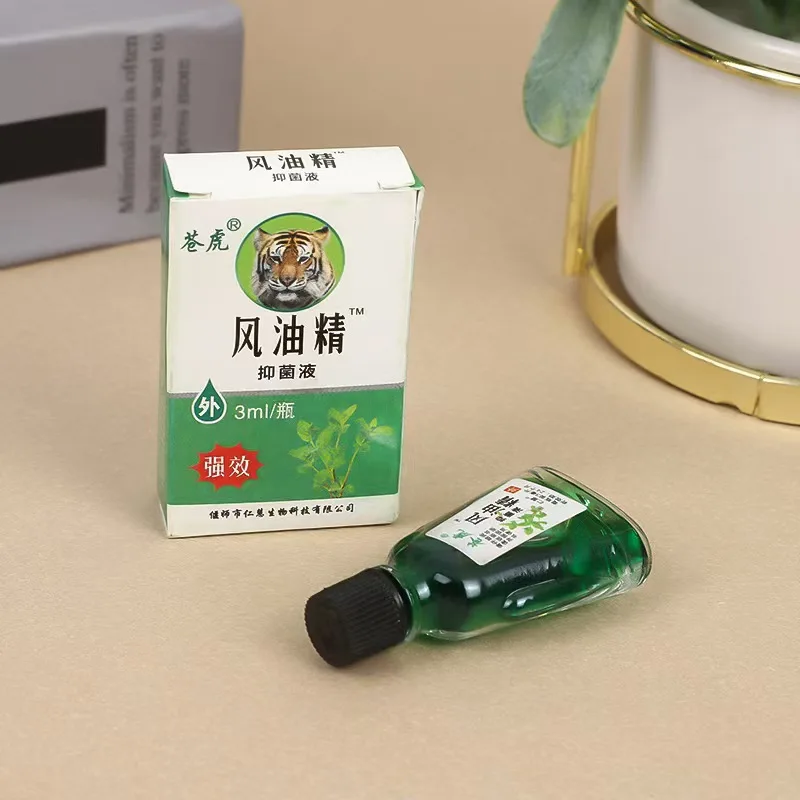






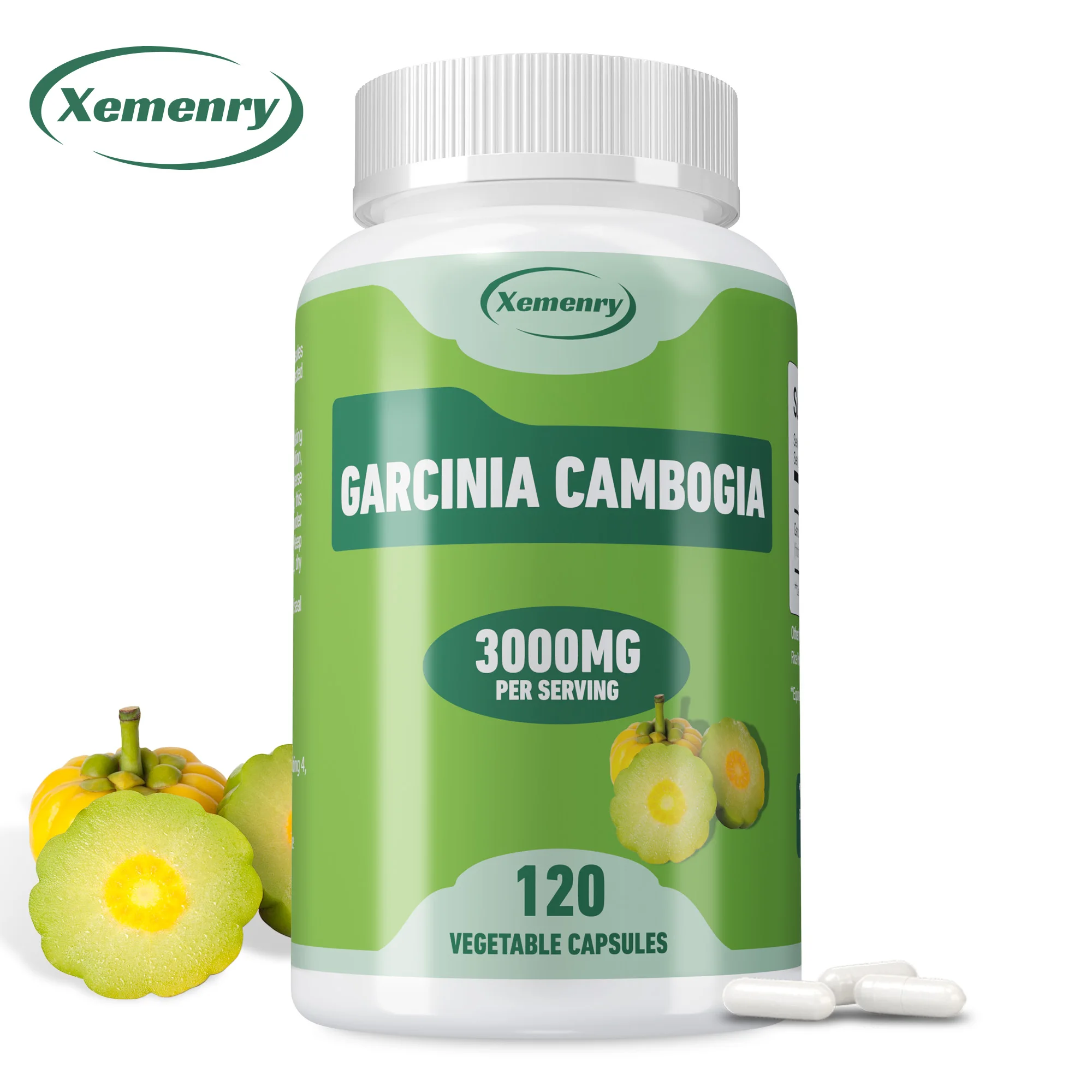
Ginger (Zingiber officinale)
Ginger is a powerhouse when it comes to natural pain relief. Rich in bioactive compounds like gingerol, it possesses potent anti-inflammatory properties that help alleviate arthritis pain, muscle soreness, and joint discomfort. Regular consumption of ginger—whether in teas, meals, or supplements—enhances circulation, reduces swelling, and promotes overall wellness. It is especially useful for those with chronic inflammatory conditions.
Prickly Ash (Zanthoxylum americanum)
Prickly Ash has been used in traditional medicine to address nerve pain and circulation issues. By stimulating blood flow, it helps reduce discomfort associated with conditions such as neuralgia and neuropathy. It can also be applied topically to relieve muscle aches and joint pain. Individuals suffering from chronic pain linked to poor circulation may find significant relief from incorporating Prickly Ash into their routine.
St. John’s Wort (Hypericum perforatum)
St. John’s Wort is widely known for its antidepressant properties, but it is also a valuable herb for nerve-related pain such as sciatica and neuralgia. Its active compounds, hypericin and hyperforin, help modulate neurotransmitters, reducing the perception of pain. Additionally, St. John’s Wort has anti-inflammatory effects, making it effective for managing muscle pain, minor injuries, and headaches.
Turmeric (Curcuma longa)
Turmeric is one of the most studied herbs for its anti-inflammatory and antioxidant benefits. The key compound, curcumin, works by inhibiting inflammatory pathways, making it highly effective for arthritis, joint pain, and other inflammatory diseases. Turmeric is also a natural analgesic that helps with headaches, menstrual cramps, and muscle soreness. When combined with black pepper, the absorption of curcumin significantly increases, enhancing its pain-relieving benefits.
Willow Bark (Salix species)
Willow Bark has been used since ancient times as a natural alternative to aspirin. Containing salicin, it is highly effective in reducing pain and inflammation. This herb is particularly beneficial for those suffering from headaches, muscle aches, joint pain, and inflammatory conditions such as osteoarthritis and rheumatoid arthritis. Regular use of Willow Bark can improve mobility and overall quality of life by easing chronic pain and stiffness.
Embracing Herbal Pain Relief
By incorporating these powerful herbs into your wellness routine, you can harness nature’s abundant resources for pain relief. While these herbs offer a natural and effective alternative to over-the-counter medications, it is essential to consult with a healthcare professional before adding them to your regimen—especially if you have existing health conditions or are taking prescribed medications. With careful consideration and mindful use, these natural remedies can support your journey toward a healthier, pain-free life.






























